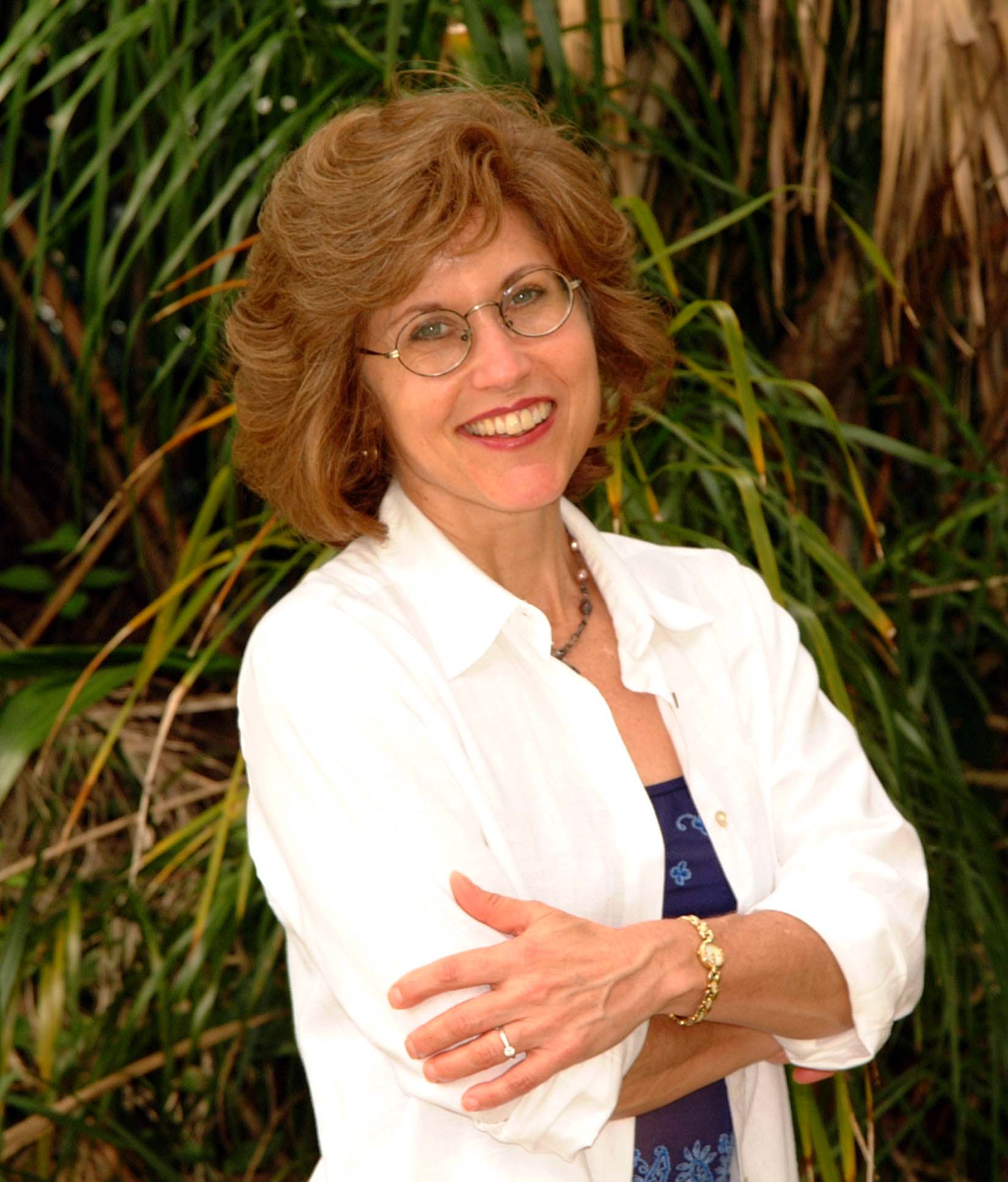
Kenan Eminent Professor
Archaeologist
mcanany@email.unc.edu
919-962-0524
Alumni Building 211A
Website
Research Interests
Critical cultural heritage and descendant communities, Indigenous perspectives on the past, Fragility of political forms and the dynamics of population diaspora, Afterlife of European colonization in the Maya region, Ancestor veneration and ritual practice, Archaeology of the Maya region and the cultural area of Mesoamerica
Specializations
Maya Archaeology, Critical Cultural Heritage, Participatory (engaged) researchResearch Background
When I received a PhD in Anthropology/Archaeology from the University of New Mexico, I already was committed to a career in Maya Archaeology (although I also had conducted fieldwork in Alaska, Hawai’I, and the U.S. Southwest). From my first teaching/research position at Boston University, I was able to launch NSF-funded projects to investigate the origins of ancestor veneration at K’axob, Belize; the role of wetlands in Maya farming practices; and how the Terminal Classic period played out in the Sibun Valley of central Belize—a prime cacao-growing area. Although I continue to examine what happened at the end of the Classic period (and how we narrate that transformation), my move to UNC-Chapel Hill coincided with shifting my fieldwork north to Yucatan along with an increased focus on archaeological research that is collaborative with local communities. My current project focuses on the Colonial period at Tahcabo, Yucatan—a community with the remains of a 16th/17th century mission church. With support from the Archaeological Institute of America, we created a small museum in the town hall that presents the colonial and deeper history of this locale. My recent book, Maya Cultural Heritage: How Archaeologists and Communities Engage the Past, reflects my growing interest in the challenge of braiding together archaeological approaches to the past with Indigenous ways of thinking about the past/present. With a Bold Ideas grant from the National Geographic Society, we are delving deeper into braided knowledge of the ecology and cultural heritage of cenotes—solution sinkholes that are a prominent landform in northern Yucatan.
Education
PhD, University of New Mexico, 1986
Current Courses
- ANTH 60 – FYS: CRISIS & RESILIENCE (TTH, 11:00 AM – 12:15 PM)
- ANTH 60 – FYS: CRISIS & RESILIENCE (TTH, 11:00 AM – 12:15 PM)
- ANTH 898 – DECOLONIZING METHODOLOGY (TH, 3:30 PM – 6:00 PM)
Previous Courses
ANTH 060 - FYS, Crisis and Resilience, the Past and Future of Human Societies
ANTH 232 - Ancestral Maya Civilizations
ANTH 674 - Issues in Cultural Heritage
ANTH 705 - Archaeological Theory (Core) Seminar
ANTH 898 - Decolonizing Methodologies
